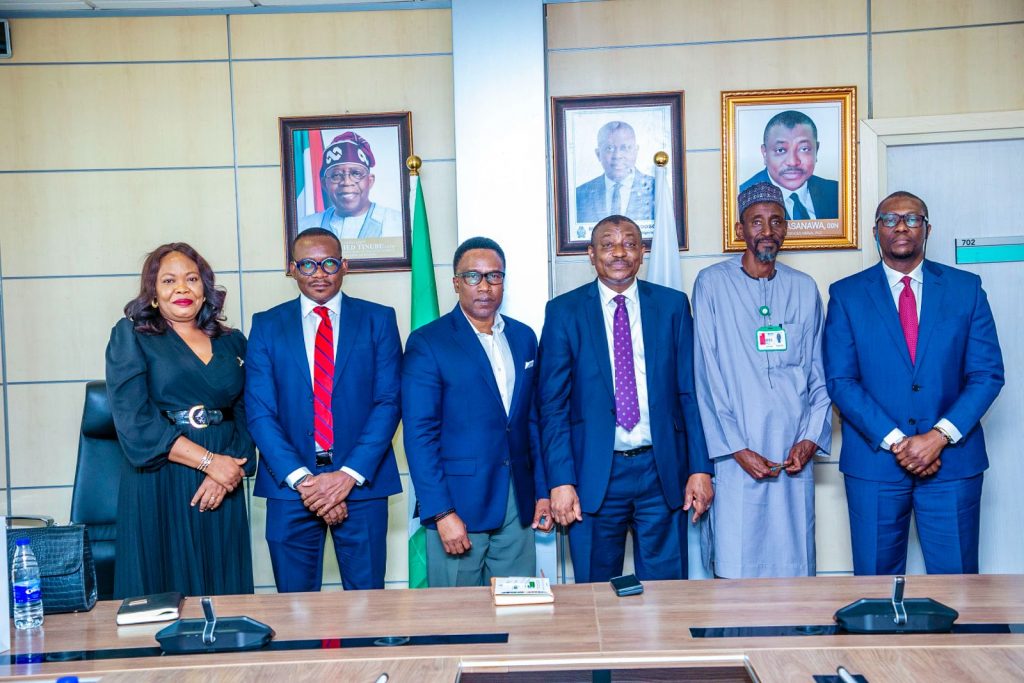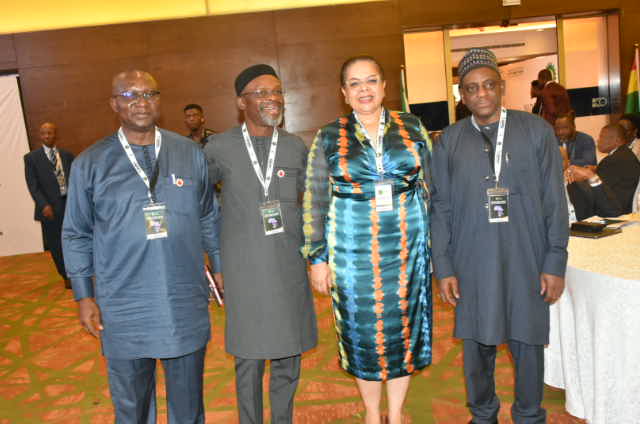Two-Year Jail Term Recommended For Obstruction of Fire Fighting Activities In Lagos

Obasa
AJAGBE ADEYEMI TESLIM
SPONSORED BY: H&H
Any person who obstructs, interferes with, assaults or resists any officer of the fire service in the course of the execution of his duty under a proposed fire service law or resist any such officer or service is to be fined Five Hundred Thousand Naira (N500,000.00) or sentence to a jail term of two (2) years or both for an individual and Five Million Naira (N5,000,000.00) fine for a corporate body.
In addition, failure to yield right of way to engines or other mobile fire-fighting equipment as required by the law is an offence and on conviction, the accused shall be liable to a fine not exceeding One Hundred Thousand Naira (N100,000.00) or to a term not exceeding six (6) months or both.
These are contained in a bill tagged; A Bill for a law to establish the Lagos State Fire And Rescue Service and for Connected Purposes, which went through public hearing at the premises of the Lagos State House Assembly on Friday.
According to the bill, the service is to provide fire fighting and rescue services, or use any equipment maintained by the service for the prevention, extinguishment and control of fire or natural disasters and other humanitarian emergencies.
They are also to ensure that reasonable steps are taken to prevent or mitigate damage to property resulting from fire incidents and promote a culture of safety in the state through pubic education on fire prevention and emergency preparedness.
They are to “provide for fire safety code to be followed by all persons, including entities operating within the state.
“Provide and maintain fire alarms in such positions in any street or public place as deemed proper, and to affix any such fire alarm to any wall or fence adjoining a street or public place.
“Employ it’s services for purposes other than fire-fighting, for which it appears to the service to be suitable, and if deemed fit, to make such charge as may be prescribed for any service, excluding fire-fighting and rescue services rendered in the course of such employment or use.”
It also provides that the service would prohibit and control the use of materials classified as fine hazard in the erection, alteration, improvement or repair of any building or other structure.
The bill also provides that the service will carry out risk assessment and fire investigation in public and private places considered to be a potential risk to human lives and property and do any act it deems fit necessary to prevent fire or any fire related emergencies within the state.
The fire service is empowered to investigate and respond to complaints from the public on matters that can lead to outbreak of fire or other related emergencies.
It is also empowered to carry out investigation after fire-fighting and rescue operations and other related emergencies to determine the causes and effects of the incidents.
The parastatal will charge fees annually for service rendered other than for extinguishing fires at the rates prescribed under the schedules of the law, and the rate of the fees charged by the service prescribed under the schedules to the law is to be reviewed periodically.
“Any prescribed charge under this was may be sued for and recovered in a court of competent jurisdiction in the state by the State Fire Controller in his official name with fill costs of action from the person charged as a debt to the state.
“A charge shall not be made for any service rendered by the Service in extinguishing fires and for rescue operations,” the bill reads.
It also provides that all buildings must have fire safety equipments such as conventional fire extinguishera, smoke detector, a central fire alarm system and at least two stair cases for storey buildings.
Buildings that are two storeys or more are to have hose reel equipment and an automatic fire detection and suppression system (Fire Master 200/Pyrogen etc).
The service is empowered to cause authorised officers to carry out inspection of any building in the state and the service shall charge fees for the inspection of such buildings.
Moreover, fire fighting equipment dealers are expected to apply for registration with the Service for the issuance of certificate of registration and this should be renewed yearly on payment of the prescribed fee.
Every private organisation or company in Lagos State is also required to apply for registration with the Service to establish a private Fire Department or Unit.
Speaking at the event, the Director of Lagos State Fire Service, Mrs. Abimbola Adeseye said that the public hearing was about how they could play their role in the THEMES agenda of the Governor to aid governance and make the state’s security function effectively.
“That informed some of the provisions in the bill that is being examined today.
“It is to enable us work more with a law that empowers us to function maximally.
“It is for us to work at reducing the number of emergencies and the damages it could cause, be it fire outbreak or any other disaster.
“We want the House of Assembly to help us examine it more and incorporate those things we said can help our operations and Mr. Governor should help us sign the bill into law in time,” she said.
Adeseye added that the establishment of Fire Academy will also help in Lagos State, which she said is available in other climes.
She stated that it is an institution that is needed in Lagos State to help educate fire fighters, not only government workers, but private firefighters.
According to her, members of the public are also not left out in the sensitisation, it will let them know what to do in case of emergency.
Some stakeholders expressed their views on the bill during the hearing.
In his contribution, a former head of the Lagos State Fire Service, Mr. Aderemi Ajose said that the agency should be domiciled under the Ministry of Special Duties and suggested an amendment to some of it’s sections.
Ajose said that two of the board members should be a retired director in the service and that the other should be someone with about 30 years experience in fire service.
He also said the Chairman of the Board should be appointed by the Governor with the recommendation of the Head of Service rather than the commissioner of the ministry and that salary and emoluments of para military service agencies should be included in the proposed law.
Also contributing, Mr. Ologunboye Pascal, a retired fire service officer said that provision should be made for firemedics to help in dispending first aid at fire incident scene.
A fire engineer, who was also at the event, Eng. Jumade Adejola said that commercial buildings, including companies should be mandated to install fire hydrant in their apartments to reduce fire incidents.
He added that anyone that is building a market must have fire hydrant at a close perimeter.
A former commissioner for Home Affairs in the state, Hon. Oyinlomo Danmole, who was also present, advised that fire hydrant should be stationed across the state so that fire fighters would not wait for water corporation at fire scenes.
He said that there should be a law that would mandate contractors to provide fire hydrants on the road during road construction.
Earlier in his address, the Deputy Speaker of the House, Hon. Wasiu Eshinlokun-Sanni, who represented the Speaker, Rt. Hon. Mudashiru Obasa said that the Lagos State Government shall continue to attach importance to the security of the people of the state.
Eshinlokun-Sanni recalled that there had been several fire incidents in the state in recent times, adding that the bill was meant to address issues relating to the issue and find lasting solutions to them.
Chairman of the House Committee on Special Duties, Hon. Raheem Kazeem said in his welcome address that the bill was meant to further cater for the welfare of the people of the state through proactive bills, adding that their contributions would help in the enactment of the bill into law.

 News5 years ago
News5 years ago
 News5 years ago
News5 years ago
 News5 years ago
News5 years ago
 News5 years ago
News5 years ago
 Politics5 years ago
Politics5 years ago
 Politics5 years ago
Politics5 years ago
 Politics5 years ago
Politics5 years ago










